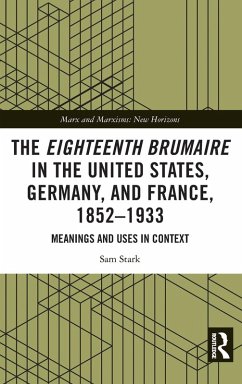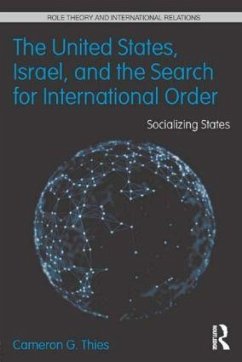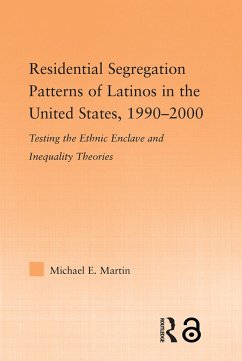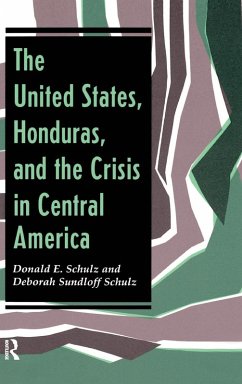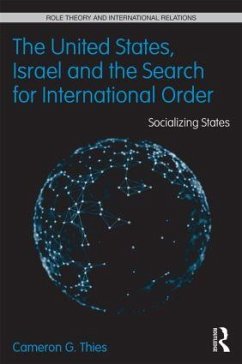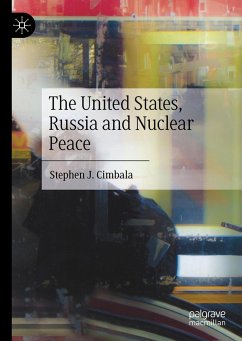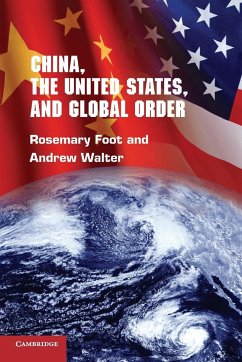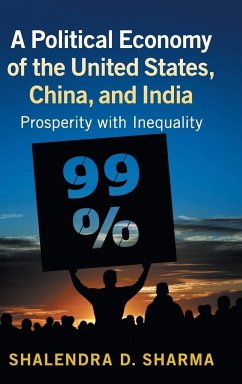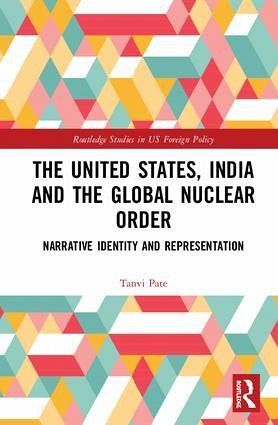
The United States, India and the Global Nuclear Order
Narrative Identity and Representation
Versandkostenfrei!
Versandfertig in 1-2 Wochen
168,99 €
inkl. MwSt.
Weitere Ausgaben:

PAYBACK Punkte
84 °P sammeln!
This book develops a link between historical and contemporary US nuclear foreign policy towards India and addresses this crucial relationship in order to ascertain how US nuclear policy towards India is constitutive of US leadership of the global nuclear order.





